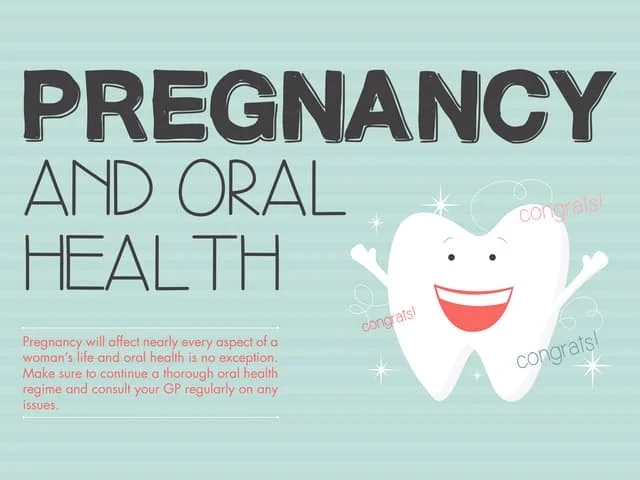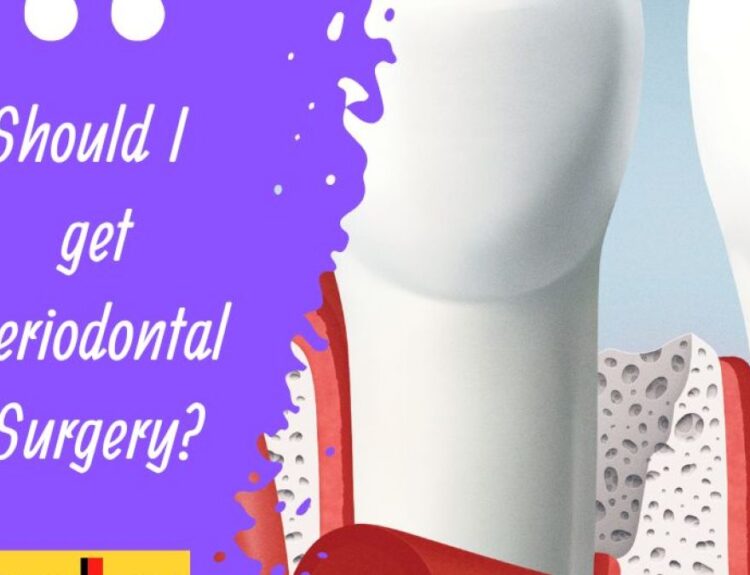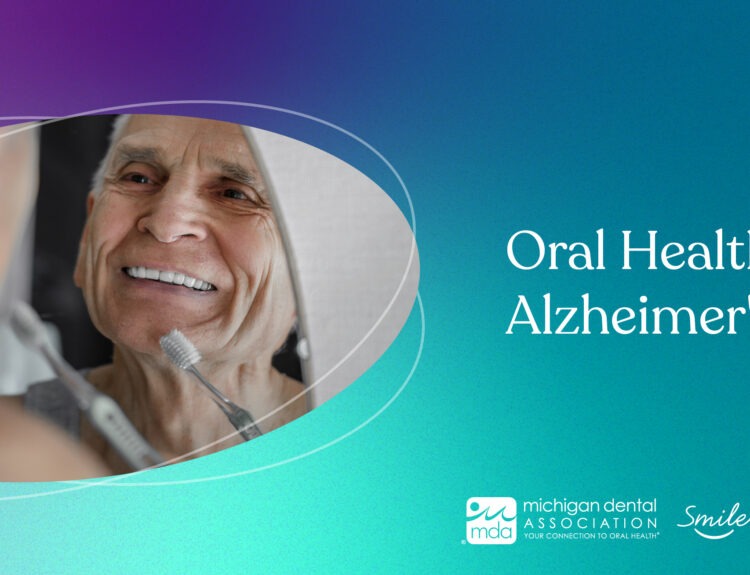Pregnancy is a transformative period in a woman’s life, bringing about numerous physical and hormonal changes, including those that affect teeth and oral health. Many women are unaware of the strong connection between pregnancy and dental health, often neglecting their oral care during this crucial period of time. However, maintaining good dental hygiene is essential not only for the mother’s well-being but also for the baby’s health.
How Pregnancy Affects Oral Health
Hormonal changes, particularly increased levels of estrogen and progesterone significantly affect oral health. These hormonal shifts can lead to:
Increased Risk of Gum Disease (Pregnancy Gingivitis)
Hormonal changes make gums more sensitive to plaque, leading to redness, swelling, and bleeding. If untreated, gingivitis can progress to periodontitis, a severe gum infection linked to preterm birth and low birth weight.
Pregnancy Tumors (Pyogenic Granulomas)
Some women develop small, benign growths on their gums due to irritation and hormonal changes. These usually disappear after childbirth but may require removal if they cause discomfort.
Tooth Decay & Erosion
Morning sickness exposes teeth to stomach acid, weakening enamel. Cravings for sugary foods increase the risk of cavities.
Dry Mouth (Xerostomia)
Reduced saliva flow during pregnancy can lead to bacterial buildup and bad breath.
Risks of poor oral health during pregnancy
Poor oral health during pregnancy has been linked to adverse outcomes, including:
- Preterm birth – Gum disease may increase the risk of early labor.
- Low birth weight – Infections and inflammation can affect fetal development.
- Preeclampsia – Some studies suggest a connection between periodontal disease and this dangerous pregnancy complication.
How to maintain oral health during pregnancy
Maintain a Strict Oral Hygiene Routine
Brush twice daily with fluoride toothpaste.
Floss daily to remove plaque between teeth.
Use hot salt water for mouth rinsing, especially before going to bed.
Eat a Balanced Diet
Limit sugary snacks and acidic drinks.
Consume calcium-rich foods (dairy, leafy greens) and vitamin C (citrus fruits, bell peppers) to strengthen teeth and gums.
Manage Morning Sickness & Acid Exposure
Rinse your mouth with plenty of water after vomiting to neutralize acid.
Acid softens the tooth enamel. Wait 30 minutes before brushing to avoid damaging softened enamel.
Visit Your Dentist Regularly
Inform your dentist about your pregnancy and any medications you’re taking.
Schedule a dental checkup and cleaning during the second trimester (the safest time for treatments).
Avoid elective procedures like teeth whitening until after delivery.
Be Aware of Pregnancy-Related Dental Changes
Report any unusual symptoms (bleeding gums, loose teeth, or mouth sores) to your dentist.
Stay hydrated to combat dry mouth.
Read our full disclaimer.



